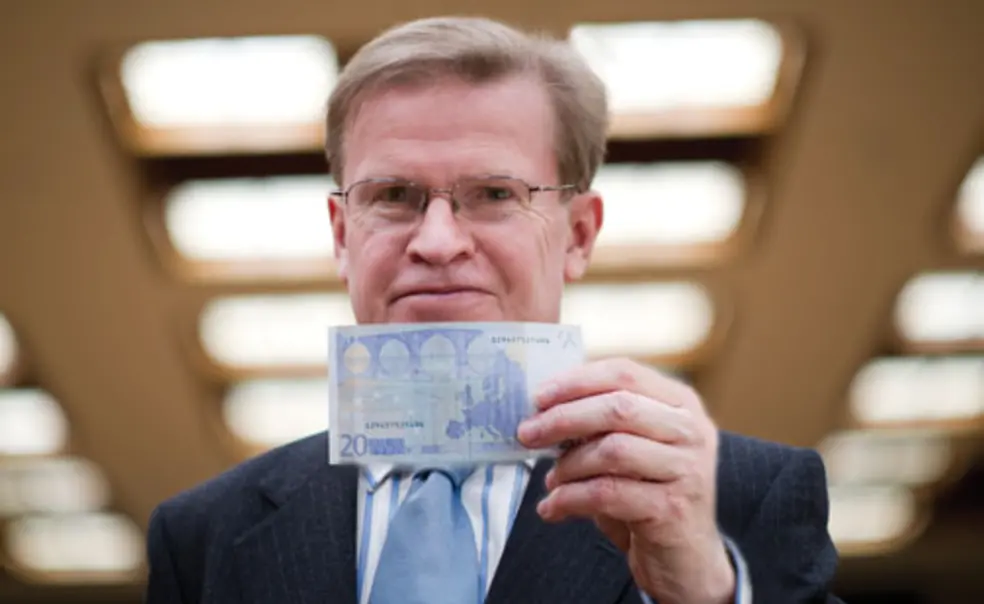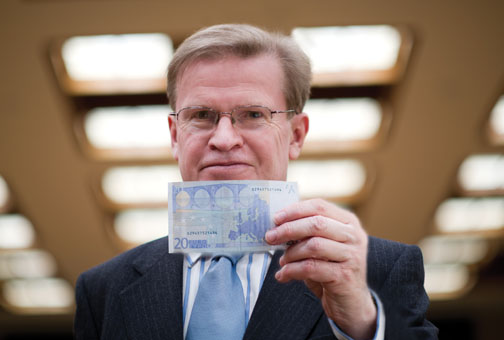IDEAS: Rise of the troubled euro
An unusual reunion took place in Basel in 2010. As part of his research for a new book, distinguished economic historian Harold James gathered, in one room, all the central bank governors involved in vital decisions during the exchange-rate crisis of the early 1990s, a crucial juncture in the development of the European Monetary Union.
He learned much from this gathering. “It really produced a sense of the atmosphere of the time,” he recalls. “It was amiable at the beginning, but then you could see there were really profound differences. South Europeans felt left out of the process, and felt that the France-Germany relationship was driving the European project.”
As Europe is buffeted today by financial storms, James’ hefty book, Making the European Monetary Union (Belknap Press of Harvard University Press), seems timely. It deals with events prior to the introduction of the euro in 2002, but nonetheless helps readers understand much of what is now unfolding.
English-born and a professor at Princeton since 1986, James previously had written a history of the International Monetary Fund, on the strength of which he was chosen by the European Central Bank to write this official account of the origin of monetary union on the fractious continent. He was granted unparalleled access to sealed files.
Monetary union was born out of intensive Cold-War-era planning, with often-conflicting aims. Bankers dreamed of a unified European currency to whip the dollar; politicians wanted integration to forestall future wars. Endless dialogues in the late 1980s, along with a series of urgent responses to financial shocks in the 1990s, helped set the stage for today’s dire situation, James shows.
His book shatters many myths. Among them is the idea that the euro was fundamentally a political project, grounded in high-minded idealism in the wake of German reunification. In fact, most key decisions predated the fall of the Berlin Wall.
Another myth: that Britain, increasingly anti-euro today, always had been skeptical. “The British played a surprisingly prominent role” in early planning for a unified economic zone, James says.
Perhaps the biggest myth that he attacks takes the form of a conspiracy theory: “that the euro was a German master plan to gain permanent economic supremacy. That’s a story I think I do demolish.”
James shows that furious debates about whether European banking should be closely regulated resulted in little oversight.
“Here was a crucial flaw in the structure as it was produced,” James says. “The principal lesson is that the idea of monetary union doesn’t work out unless some measure of common banking supervision and regulation — and some kind of common fiscal capacity — is in place in order to deal with banking-sector problems.” Hence the stormy crisis today.













No responses yet